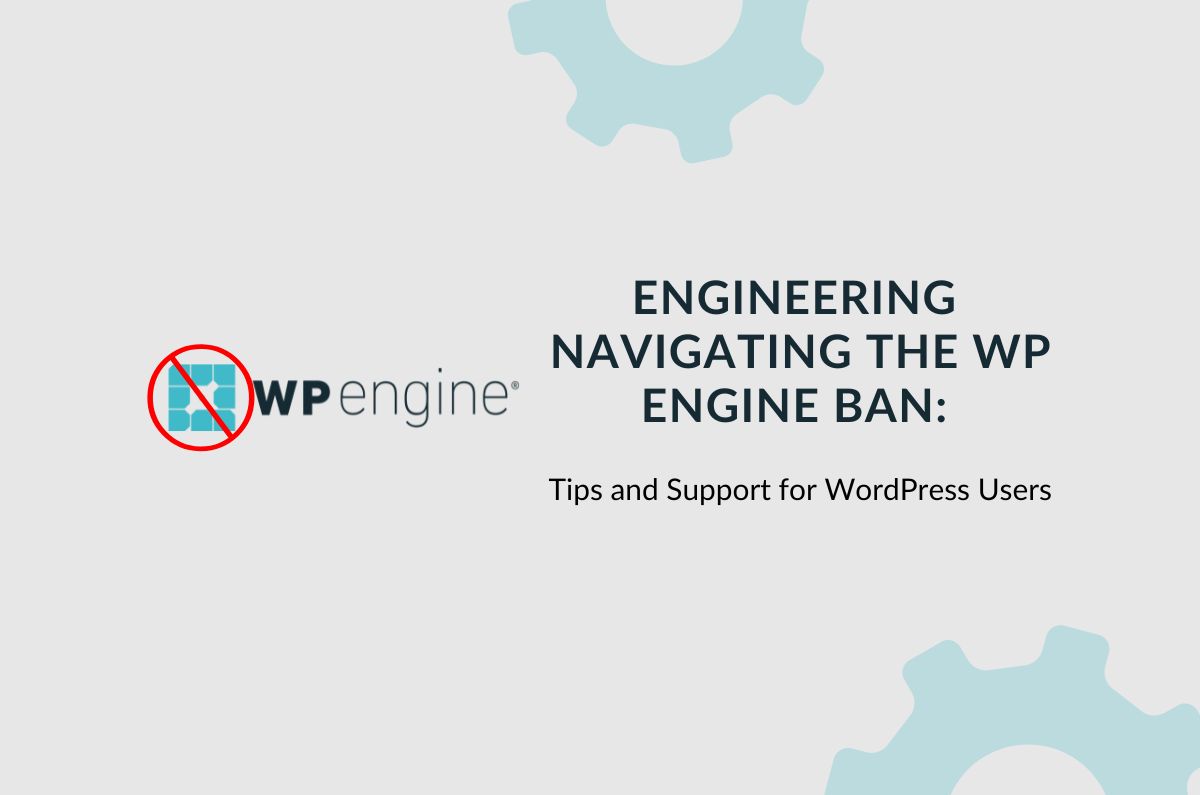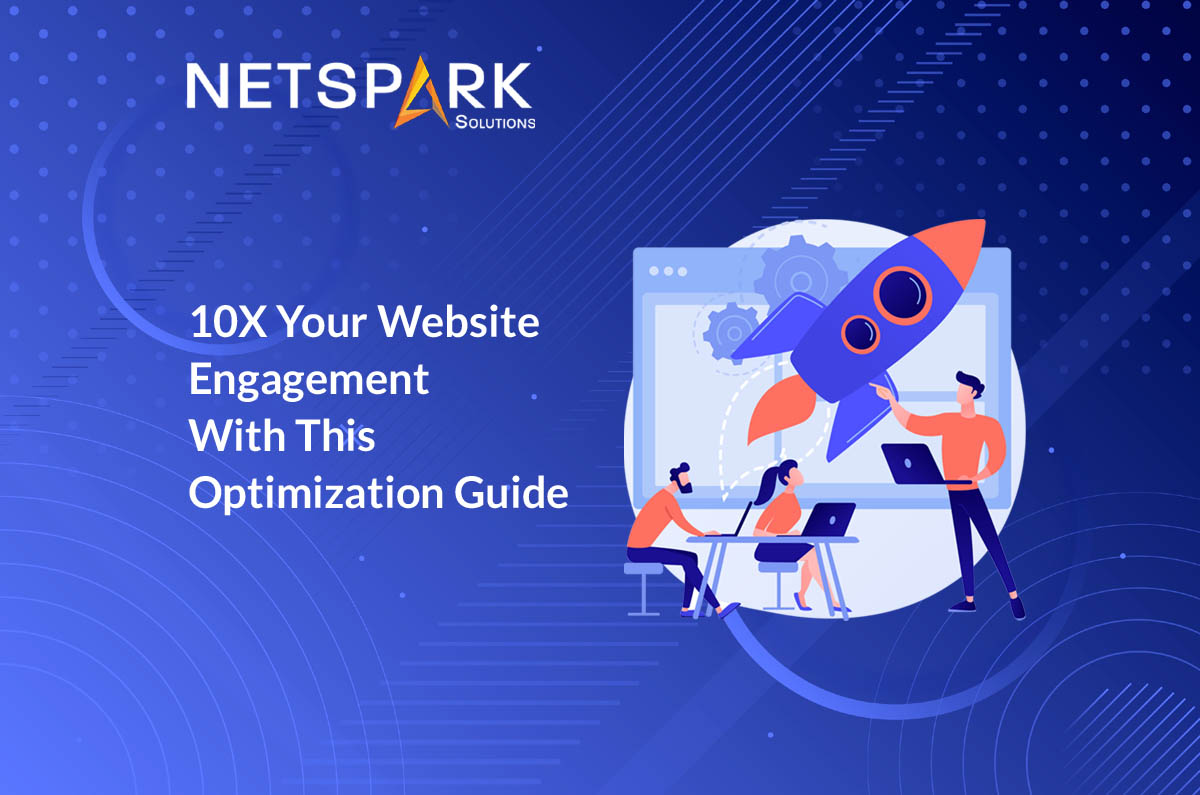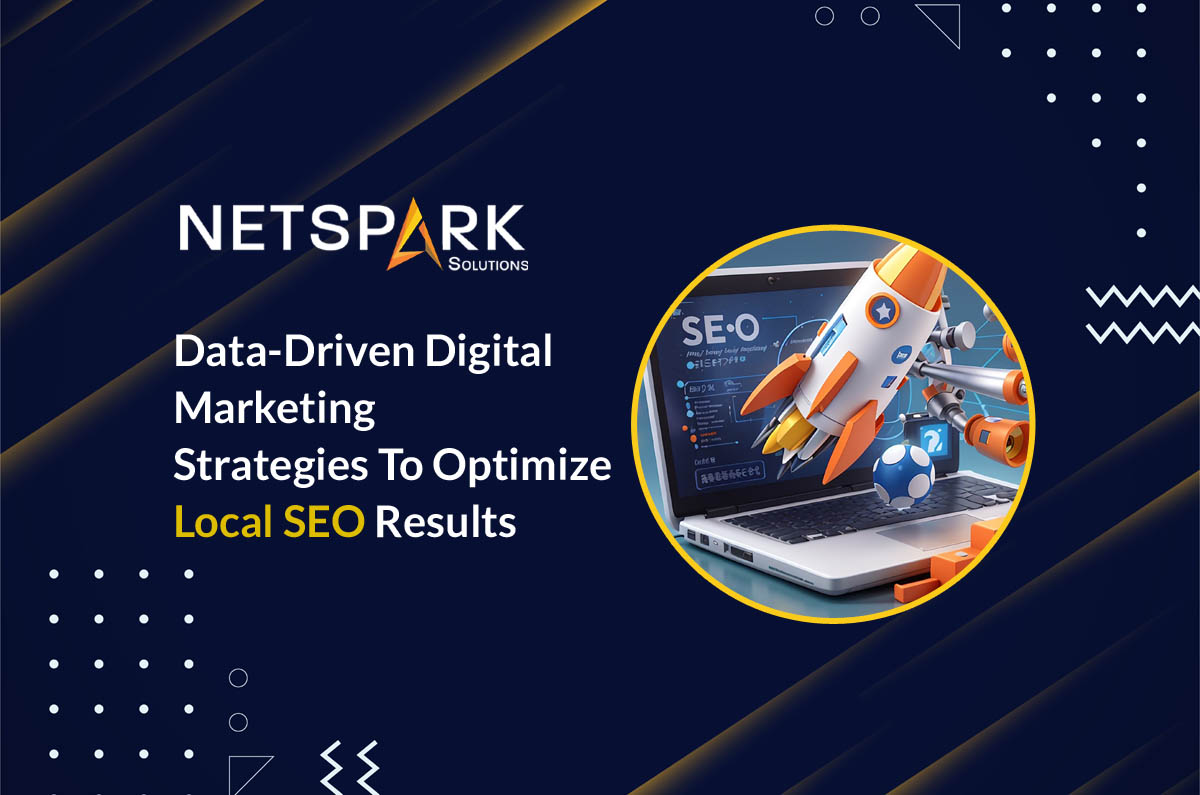Real estate businesses always struggle to generate qualified leads, mainly due to the growing competition in the industry. As of today, the real estate market size in the USA is a $2.35 Billion industry and it’s further projected surpass $3 Billion by 2028.
All real estate businesses want a piece of the cake and that’s why always look for new ways to generate quality leads. If you’ve been failing to yield the desired results using the conventional market practices, this guide will prove to be beneficial. In this blog, we’ll share the most proven real estate lead generation strategies you can follow to attract qualified leads for your business.
Whether you’re a small-scale realtor or work in a real estate firm, these practices will help you skyrocket your profit margins and attract customers that lead to increased conversions.
1. Create a Responsive Website
While searching for a real estate property, the majority of customers start their property hunt on their mobile phones. It means if you want to generate leads from your website, it’ll be crucial to optimize it for mobile users.
Having a responsive website will help you integrate the required mobile-friendliness and generate leads from different channels. For readers who don’t know, a responsive website delivers a consistent user experience across all devices. It means regardless of where your website is being accessed, it’ll provide a seamless browsing experience and help users navigate across property listings, browse gallery, and schedule an appointment with your team without any hassle.
This ease-of-use results in improved user experience, which eventually leads to better conversions. Another advantage of choosing a responsive design is the underlying competitive advantage. In the competitive real estate market, having a responsive website sets you apart from competitors who might still have non-responsive or outdated sites. It portrays your business as modern, customer-centric, and technologically savvy.
2. Optimize Your Website for SEO
Once your website is up and running, the next step would be to optimize it for SEO. When a website complies with the search engine optimization guidelines, it’ll automatically start climbing the search engine ladder and attract organic traffic.
The majority of real estate businesses undervalue the importance of SEO and struggle to generate the desired leads. To optimize a website for SEO, it’s necessary to target the right keywords, influx your web pages with high-quality content, and build a strong backlink profile to improve its overall domain authority (DA).
Since search engine optimization is a time-consuming task, you can also hire a dedicated SEO agency to optimize your website using the best SEO practices. A team of SEO experts will devise a custom SEO plan that aligns with your business requirements and help you drive organic traffic more effectively.
3. Leverage Content Marketing
Content marketing can be a powerful strategy for real estate agencies to drive growth, engage their target audience, and establish themselves as industry experts. Understand your target audience’s demographics, preferences, and pain points. This will help you tailor your content to address their specific needs and interests.
Produce valuable, informative, and engaging content that addresses common questions and concerns related to buying, selling, and investing in real estate. This could include blog posts, videos, infographics, e-books, and more.
Craft compelling and detailed property listings that highlight the unique features of each property. High-quality images, virtual tours, and well-written descriptions can make a significant impact.
You can also create video content showcasing properties, offering virtual tours, and providing insights about local neighborhoods. Videos are highly engaging and can give potential buyers a realistic feel for the properties.
4. Use Social Media Handles to Attract Leads
Utilize social media platforms like Facebook, Instagram, and LinkedIn to share property listings, market updates, success stories, and behind-the-scenes content.
Engage with your audience by responding to comments and messages promptly. It’s worth understanding that an average user spends nearly 4 hours on their social media handles. With the right strategic approach, you can reach out to your potential customers on social media and convert them into long-term clients.
Here are a few social media strategies that’ll help you engage customers across different platforms.
- Identify the social media platforms that are most relevant to your target audience. Facebook, Instagram, LinkedIn, and Twitter are commonly used by real estate businesses.
- Create professional and attractive profiles across your chosen platforms. Use consistent branding, including your logo, colors, and a compelling description of your services.
- Beyond property listings, share engaging content related to real estate trends, local market insights, home improvement tips, and more. This helps establish your expertise and provides value to your followers.
- Use live video streaming to conduct virtual property tours. This allows potential buyers to ask questions in real-time and get a feel for the property without visiting in person.
- Run lead generation ads that allow users to submit their contact information directly within the platform. These ads often include a call-to-action like “Learn More” or “Contact Us.”
5. Invest in Local SEO
For any real estate business, the primary customer base is in their own city. It means if your website isn’t optimized to attract local leads, you’ll miss out on great sales opportunities.
Local SEO ensures that your website appears in search results when users search for real estate-related terms combined with location keywords (e.g., “homes for sale in [city]”). This brings in highly relevant traffic from people actively searching for properties in your area.
Local SEO strategies can be cost-effective compared to broader SEO efforts, as you’re targeting a smaller audience with higher conversion potential.
To optimize a website for local SEO, start by setting up your Google My Business profile. GMB is a critical component of local SEO. Optimizing your GMB listing with accurate information, photos, reviews, and updates helps you appear in the “Local Pack” and Google Maps results.
Conclusion
As we’ve explored various strategies, one common thread emerges: the importance of meeting clients where they are – both physically and digitally.
From the traditional foundation of networking and referrals to the tech-savvy realms of social media and content marketing, each idea holds the potential to fuel your business growth. By offering value, building trust, and showcasing your expertise, you’re not just attracting leads – you’re nurturing relationships that can blossom into fruitful transactions.
Remember that in the dynamic world of real estate, innovation is key. Blend these strategies, customize them to fit your brand’s identity, and stay attuned to emerging trends. The digital age has opened new avenues for reaching potential buyers and sellers, but the fundamentals of genuine connection and exceptional service remain unchanged.
If you want to grow your real estate business organically, contact our expert real estate SEO experts. Our team will closely analyze your business requirements and devise a custom plan to help you sail in the right direction.











